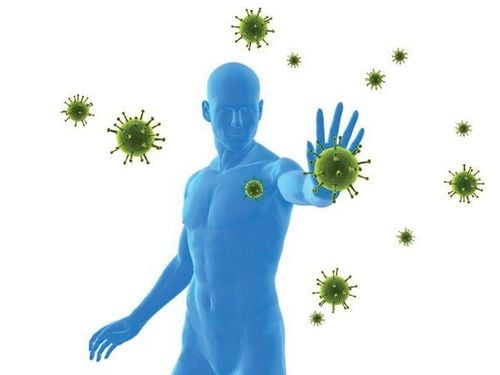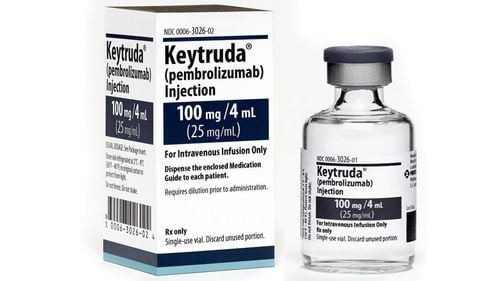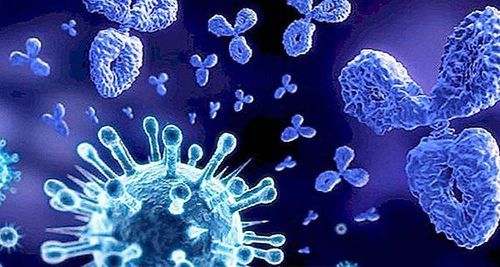This is an automatically translated article.
Researchers say a good night's sleep can boost your immune system. Scientific evidence is proving that sleep has a strong impact on the functioning of the immune system, affecting different parts of the immune system, which can lead to the development of a variety of disorders. .
1. Scientific evidence of the correlation between sleep and the immune system
In a recently published study, scientists claim they found that good quality sleep can promote the body's T-lymphocytes to fight infections, by enhancing their ability to adhere to the skin. and destroys infected cells with viruses and other pathogens by T cells.
Additionally, researchers say there are short- and long-term health problems associated with poor sleep. For example, in an 11-year follow-up survey, in people with moderate sleep loss (limiting sleep to 4 hours a night) there was a decrease in killer cell activity. Natural killer cell (NK) decreased by an average of 72%, compared with NK cell activity in people with adequate sleep. Research indicates that NK cells have an important role in killing tumor cells. Reduced NK cell function was associated with a 1.6-fold higher risk of death from cancer (all organs).
Ms. Besedovsky is a researcher in the Department of Medical Psychology and Behavioral Neurobiology at the University of Tubingen in Germany. Recently, she and her colleagues published a study on the impact of sleep on the immune system as follows: Sleeping up to 4 hours a night leads to the formation of inflammatory cytokines (Inflammatory cytokines). are protein molecules secreted by immune cells and other types of cells to signal other cells to promote inflammation), which are important in the development of heart disorders circuit and metabolism.
Insomnia is also thought to cause a higher risk of infection. Sleeping up to 4 hours a night for 6 days, even though sleeping 12 hours a night for the next 7 days, still resulted in a 50% decrease in antibody production after flu shot compared to people with regular hours of sleep. regularly.
14 healthy young men, mean age 25, had blood samples taken when they slept through the night and again when they were up all night. Samples were analyzed for concentrations of T cells, which are white blood cells - the cornerstone of the immune system. When participants got a full night's sleep, levels of all types of T lymphocytes dropped within three hours of falling asleep. But T-lymphocyte levels remained high when the volunteers stayed up all night. It is not clear where the T lymphocytes go when they leave the blood stream during sleep. However, previous research suggests they can accumulate in the lymph nodes.

Nhiều bằng chứng cho thấy hệ thống miễn dịch liên quan đến giấc ngủ
2. Sleep - Innate immunity - Acquired immunity
Sleep is an important stage for the body to rest and studies show that sleep plays an important role in our immune system. In fact, sleep contributes to both innate and acquired immunity.
Researchers have found that during nightly sleep, certain components of the immune system are active. For example, there is an increase in the production of cytokines associated with inflammation. This activity appears to be driven by both sleep and circadian rhythms, which are the body's 24-hour internal clock.
When someone is sick or injured, this inflammatory response can help with recovery, bolstering innate and adaptive immunity as the body works to repair the wound or fight off infection.
Just as sleep can help the brain strengthen learning and memory, research shows that sleep boosts immune memory. The interaction of components of the immune system during sleep reinforces the immune system's ability to remember how to recognize and respond to dangerous antigens.
Experts are not sure why this happens during sleep, but several factors may be involved:
During sleep, breathing and muscle activity slows down, releasing energy for the immune system to perform these important tasks. Inflammation that occurs during sleep can harm physical and mental performance if it occurs during waking hours, so the body has evolved for these processes to take place during nightly sleep. Melatonin, a sleep-promoting hormone produced at night, has the ability to combat the stress that can be caused by inflammation during sleep. An important aspect of this process is that it is self-regulating. When sleep time is over, the body's circadian rhythms decrease this inflammation. In this way, getting enough high-quality sleep facilitates the delicate balance of immune function, or the immune system's reset during sleep, which is so important for both immunity. innate and acquired immunity.

Giấc ngủ tốt cho hệ miễn dịch giúp cơ thể luôn được khỏe mạnh
3. How to improve sleep and strengthen the immune system?
Given the importance of sleep for immune function, prioritizing getting enough sleep each night without interruption can help boost your immune system.
Improving sleep often starts with focusing on your sleep habits, behaviors and environment. This is collectively known as sleep hygiene. Even simple steps, such as having a consistent sleep schedule and avoiding cell phones and tablets in bed, can make it easier to get a good night's sleep.
People with chronic or severe sleep problems or recurrent medical problems should speak with their doctor to determine the underlying cause and find the best way to deal with the problem.
People with sleep disorders such as insomnia can be treated with cognitive behavioral therapy for insomnia (CBT-I). This approach works to reduce negative thoughts about sleep and promote healthy sleep and reduce inflammatory markers.
Relaxation techniques, including yoga or tai chi, have also shown positive results in improving sleep while also boosting immune system function, such as increasing response to vaccines and lowering markers on systemic infections.
Vinmec International General Hospital is one of the hospitals that not only ensures professional quality with a team of leading medical doctors, modern equipment and technology, but also stands out for its examination and consultation services. comprehensive and professional medical consultation and treatment; civilized, polite, safe and sterile medical examination and treatment space.
Please dial HOTLINE for more information or register for an appointment HERE. Download MyVinmec app to make appointments faster and to manage your bookings easily.
Reference source: webmd.com












